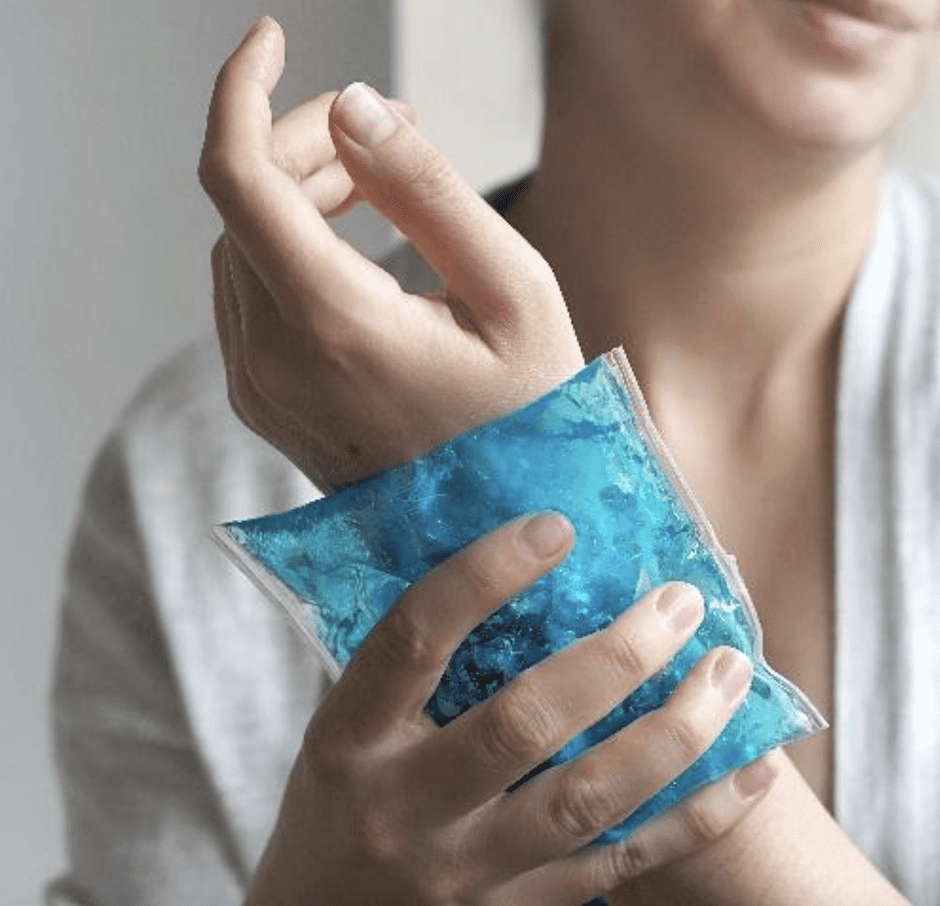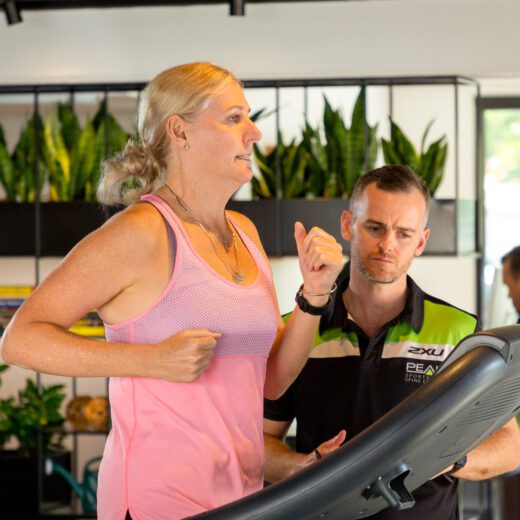
Signs and Symptoms to look out for.
If you’re experiencing the following symptoms after childbirth, you may have De Quervain’s Tenosynovitis:
Pain:
Pain at the base of the thumb that may extend into the wrist and even up to the forearm.
Swelling:
Swelling around the base of the thumb.
Pain Aggravation:
Pain worsens with activities such as lifting your baby under their armpits, turning your wrist, grasping objects and breast feeding positions.
Reduced Movement:
Difficulty moving your thumb due to pain.
Weakness:
Weakness in your hand, particularly noticeable when gripping or holding objects.
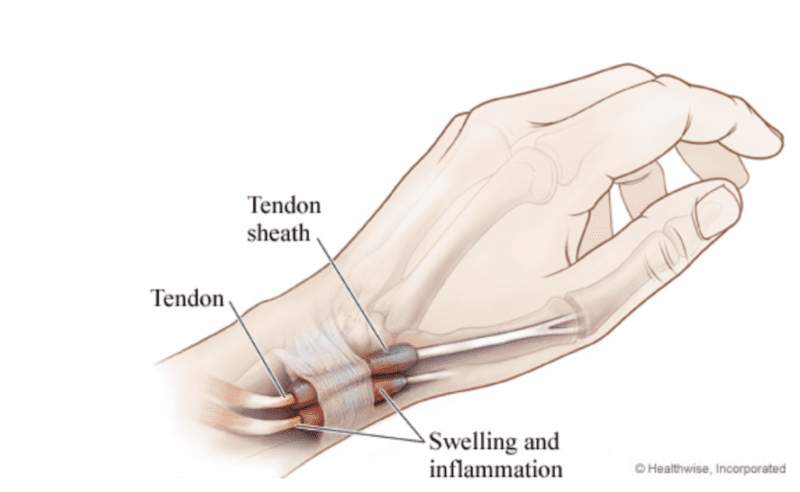
Treatment Options
The good news is that De Quervain’s Tenosynovitis is very treatable, and there are several effective treatment options available:
- Modify Activities: Avoid repetitive or aggravating movements such as certain household chores, prolonged use of phones with thumb scrolling, or carrying heavy objects. Keep your thumb positioned close to your index finger to minimise strain.
- Modifying How You Are Holding Your Baby: Try varying how you carry your baby to reduce strain on your wrist and thumb, avoiding repetitively picking your baby up from under their arm pits. Also, utilise prams or baby carriers whenever possible to distribute weight more evenly.
- Breastfeeding Positions: Try having your baby supported on pillow and keeping your wrist straight and avoid excessive wrist bending to hold baby’s head up.
- Exercises: Wrist and thumb strengthening exercises
- Splinting or taping: Taping the wrist and thumb or wearing a wrist and thumb splint, as recommended by a physiotherapist or GP, can be very effective in supporting the affected area and reduce strain on the tendons.
- Gentle Massage: Massaging the area around the base of the thumb and wrist can help relieve tension and improve circulation, aiding in recovery.
- Cold Therapy: Applying ice packs for 20 minutes, 2-3 times a day, can help reduce swelling and inflammation, providing relief from pain.
- Seek Support: Don’t hesitate to ask family members or friends for assistance with daily activities, household chores, and baby care to allow your wrist and thumb to rest and recover.
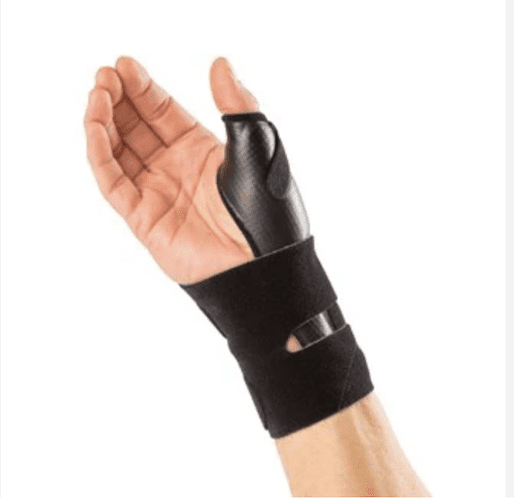
De Quervain’s Tenosynovitis is a common issue among new mothers, but with proper management and treatment, you can alleviate the pain and discomfort associated with it. By modifying activities, using supportive measures like splints, and seeking appropriate medical advice, you can effectively manage and recover from this condition. If you’re experiencing persistent symptoms, consulting with a healthcare professional, such as a physiotherapist or GP, is crucial for personalised treatment and guidance tailored to your needs. You can also discuss this with your Women’s Health Physiotherapist during pregnancy to develop strategies to try and prevent De Quervain’s Tenosynovitis postpartum.
Remember, taking care of yourself is essential as you navigate the joys and challenges of motherhood. Addressing De Quervain’s Tenosynovitis promptly can help you enjoy this special time with less pain and more comfort.
Read the latest articles

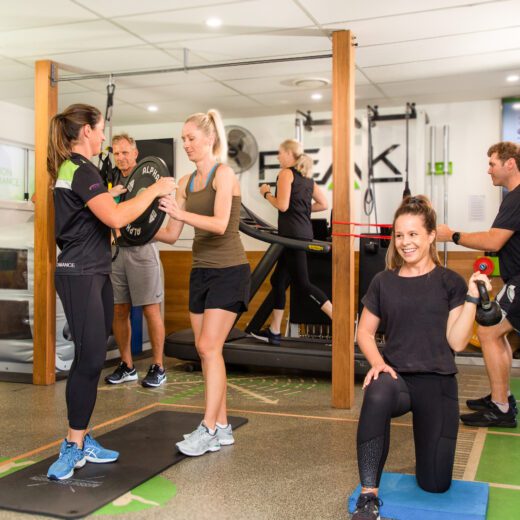
From Recovery to Resilience: Embracing a Preventative Mindset in Physiotherapy
For many, the first encounter with physiotherapy begins with pain. It might be the result of an injury, a nagging ache that won’t go...
Read more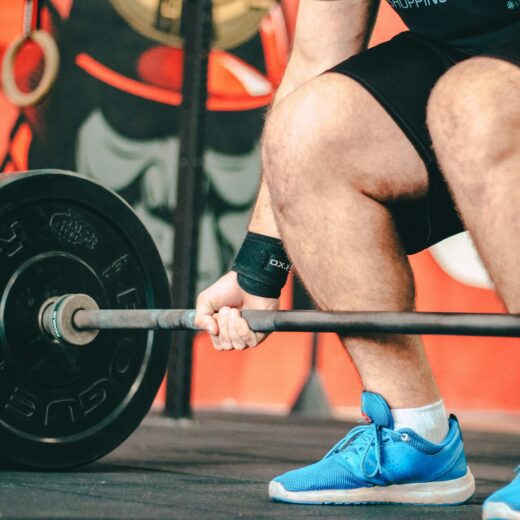
Deadlifting: Why It Matters – A Physiotherapist’s Perspective
As a physiotherapist, one of the most common myths I encounter is that deadlifting is only for bodybuilders or elite athletes. The reality? The...
Read more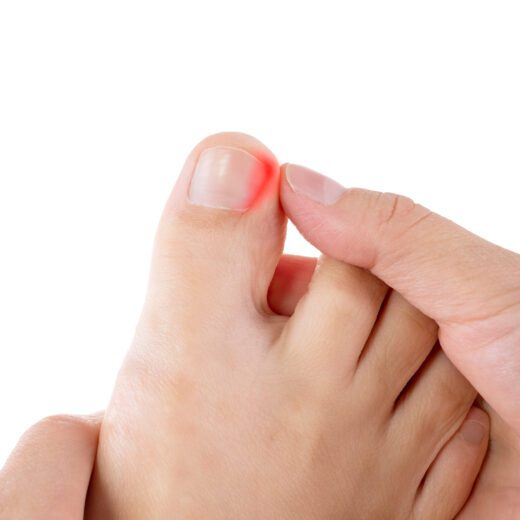
Understanding Ingrown Toenails
Ingrown toenails occur when the edge or corner of a toenail grows into the surrounding skin, leading to pain, redness, and swelling. This condition...
Read more
Staying the Course: How to Stay Motivated Through Your Rehab Journey
Rehabilitation isn’t always a straight line. Some days, you’ll feel strong. Other days, progress might feel slow or even invisible. But here’s the truth...
Read more
When Dreams Take Flight: The Extraordinary Night We Shared “For The Last Time”
In the warm glow of a Brisbane evening, something magical happened. On May 25th, New Farm Cinema became more than just a venue—it transformed...
Read more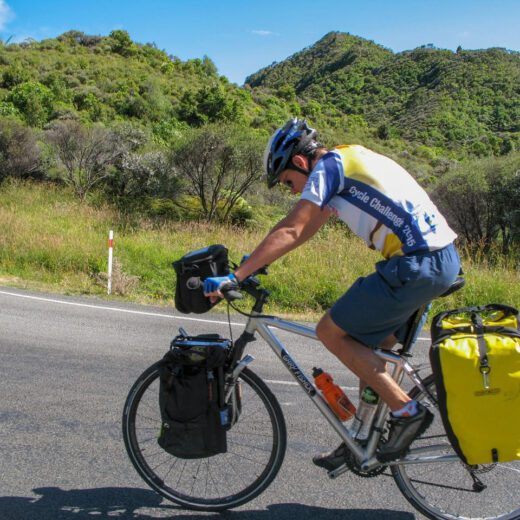
Ed’s Physio Journey with Nickelback Boy
Let us introduce PEAK Athlete Ed Schache… As a husband, Dad to 2 young sons, and lifelong recreational cyclist, Ed’s never been one to chase...
Read more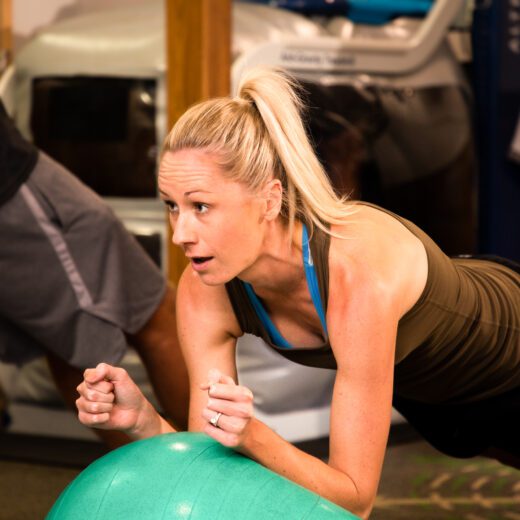
Why Women Should Strength Train: Lifelong Benefits from Youth to Aging
For too long, the image of strength training has been associated mainly with male athletes or bodybuilders. But the science is clear: strength training...
Read more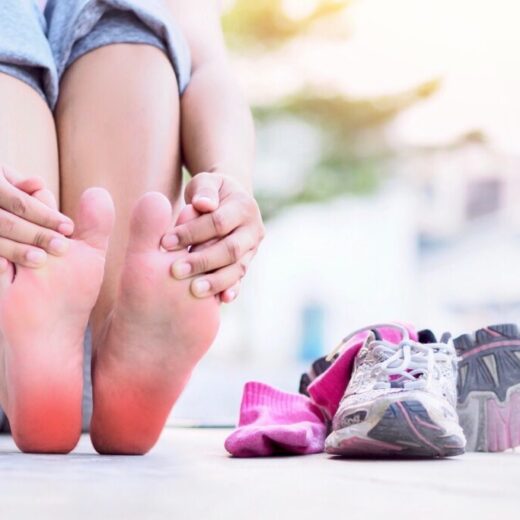
Sever’s Disease: Understanding Heel Pain in Growing Children
Heel pain in children is a common concern—especially among those who are active and going through growth spurts. One of the most frequent causes...
Read more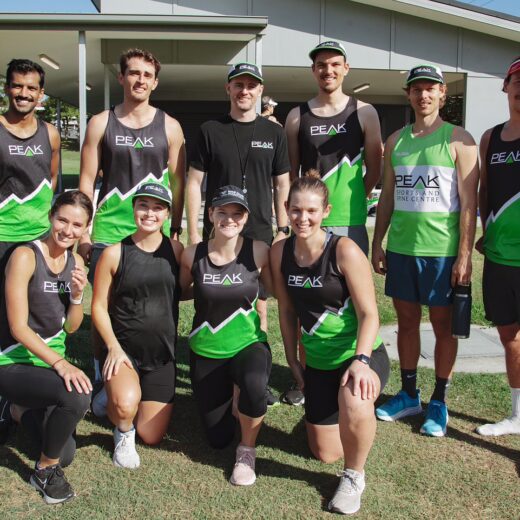
Join the Sunshine Coast Marathon
Join the Sunshine Coast Marathon with PEAK Sports and Spine Centre: Run with a Winning Team and Enjoy Exclusive Perks!Are you ready to challenge...
Read moreNot exactly what you're looking for?
View all articlesResources
Challoumas D, Ramasubbu R, Rooney E, Seymour-Jackson E, Putti A, Millar NL. Management of de Quervain Tenosynovitis: A Systematic Review and Network Meta-Analysis . JAMA Netw Open. 2023;6(10):e2337001. doi:10.1001/jamanetworkopen.2023.37001
Satteson E, Tannan SC. De Quervain Tenosynovitis. [Updated 2023 Nov 22]. In: StatPearls [Internet]. Treasure Island (FL): StatPearls Publishing; 2024 Jan-. Available from: https://www.ncbi.nlm.nih.gov/books/NBK442005/
Physiopedia. De Quervain’s Tenosynovitis. (2023). https://www.physio-pedia.com/De_Quervain%27s_Tenosynovitis
Let's get started — How can we help?
Physiotherapy
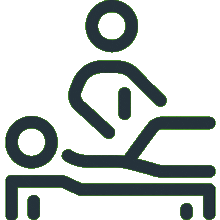
Chiropractic
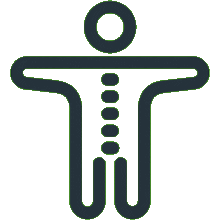
Podiatry
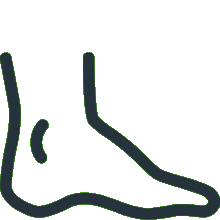
Massage Therapy
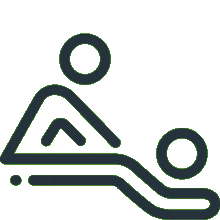
Women's Health Physiotherapy
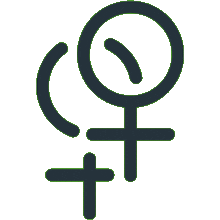
Running Program Tailored To Your Goals
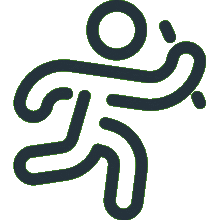
Joint Mobilisation
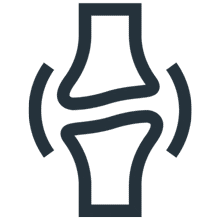
Active Release Technique
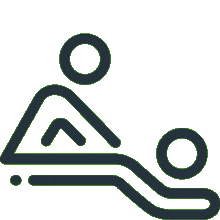
Exercise Prescription
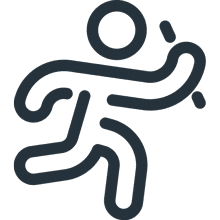
Real Time Ultrasound Imaging
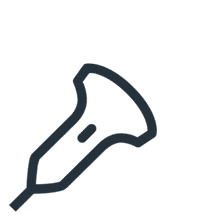
Spinal Manipulation
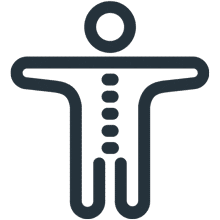
Functional Movement Screen
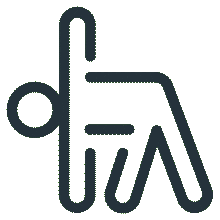
Knee Pain Treatment

Hamstring Strain Treatment
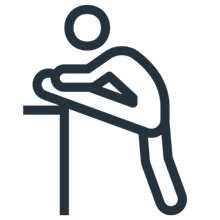
Hip Pain Treatment

Upper, Middle & Lower Back Pain

Neck Pain Treatment

Shoulder Pain & Rotator Cuff Tear

Can't find what you're after?
View all ServicesOr email the PEAK team at info@peakssc.com.au
Hawthorne
- Phone: (07) 3399 3318
- Fax: (07) 3319 6577
Address
5/171 Riding Road,Hawthorne, QLD, 4171 Get Directions
Opening Hours -
6 days per week
- Monday - Friday: 7:00 am - 8:00 pm
- Saturday: 7:00 am - 1:00 pm
To make a booking outside of business hours, please use our form by clicking here.
New Farm
- Phone: (07) 3399 4668
- Fax: (07) 3319 6577
Address
1/15 Lamington Street,New Farm, QLD, 4005 Get Directions
Opening Hours -
6 days per week
- Monday: 7:00 am - 8:00 pm
- Tuesday: 7:00 am - 8:00 pm
- Wednesday: 9:00 am - 8:00 pm
- Thursday: 10:00 am - 8:00 pm
- Friday: 7:00 am - 3:00 pm
- Saturday: 7:00 am - 3:00 pm
To make a booking outside of business hours, please use our form by clicking here.
